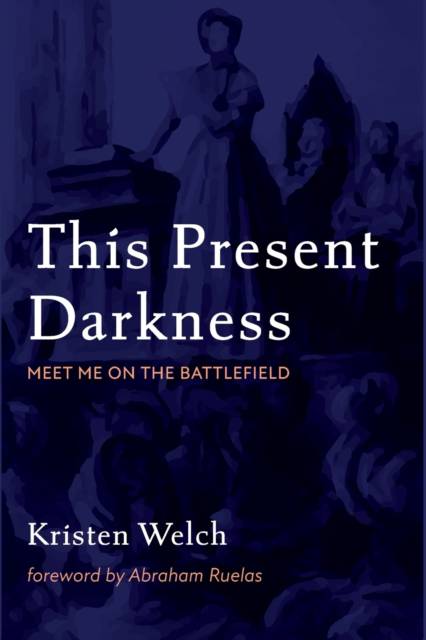
- Afhalen na 1 uur in een winkel met voorraad
- Gratis thuislevering in België vanaf € 30
- Ruim aanbod met 7 miljoen producten
- Afhalen na 1 uur in een winkel met voorraad
- Gratis thuislevering in België vanaf € 30
- Ruim aanbod met 7 miljoen producten
Zoeken
€ 48,95
+ 97 punten
Uitvoering
Omschrijving
As a Christian--as a college student--do you want to be a feminist? Why would anybody want to be a feminist? And what, if anything, have Christians done to advance women's rights? The answers lie in this book where the history of women preachers, the rise of the publishing industry, the creation of eighteenth- and nineteenth-century female seminaries and academies, and the work of feminist theologians is explored. This book introduces the Christian college student to a coherent story of First, Second, and Third Wave Feminism and how these interlocking histories overlap with Christian faith and practice. Designed for the student who has little or no knowledge of feminist histories, theories, and practices, this book offers timelines, reading lists, and glossaries to help orient the student in a field of study often filled with irony and contradictions. Furthermore, the influence of anti-feminists and the impact of visual culture tell a story of how power is made and how it is challenged. Throughout this book, students are invited to consider their relationship with feminism and to critically reflect on a position that holds true to their faith as they are experiencing it in the twenty-first century.
Specificaties
Betrokkenen
- Auteur(s):
- Uitgeverij:
Inhoud
- Aantal bladzijden:
- 274
- Taal:
- Engels
Eigenschappen
- Productcode (EAN):
- 9781725292963
- Verschijningsdatum:
- 17/08/2021
- Uitvoering:
- Paperback
- Formaat:
- Trade paperback (VS)
- Afmetingen:
- 152 mm x 229 mm
- Gewicht:
- 358 g

Alleen bij Standaard Boekhandel
+ 97 punten op je klantenkaart van Standaard Boekhandel
Beoordelingen
We publiceren alleen reviews die voldoen aan de voorwaarden voor reviews. Bekijk onze voorwaarden voor reviews.







